10 Eco-Friendly Materials to Replace Plastic and Save the Planet
Tired of seeing our oceans and forests recovered by nasty plastic? We found 10 eco-friendly materials that can take over plastic.
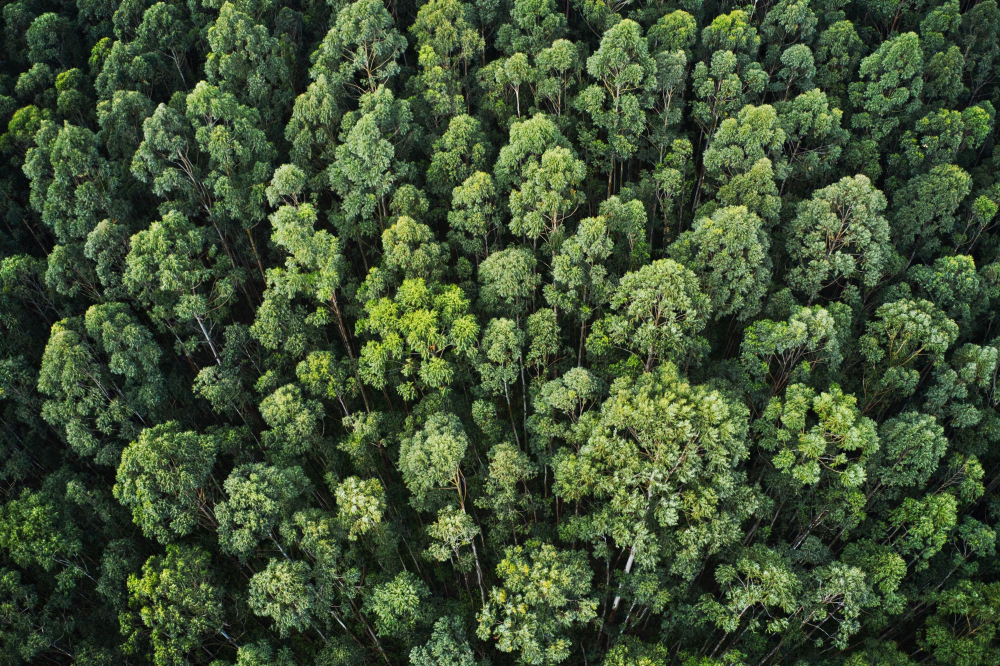
Plastic pollution is one of the most significant environmental challenges facing our planet. From plastic bags to water bottles, single-use plastics are used daily and can take hundreds of years to decompose. However, there are eco-friendly materials that can be used instead of plastic that are sustainable and better for the environment. Here are some of the most popular eco-friendly materials that can be used instead of plastic.
1) Glass

Glass is a versatile and eco-friendly material that offers a range of benefits over traditional plastic. It is recyclable, reusable, and free from harmful chemicals, making it a safe and healthy option. Glass containers are commonly used for storing food and drinks, and they can also be used for a range of household items such as cleaning supplies and cosmetics. Moreover, glass is also being used as a main material to make buildings, which is an eco-friendly and sustainable choice. Additionally, glass is a non-porous material that is easy to clean and does not absorb odors or flavors, making it ideal for food storage.
2) Stainless Steel
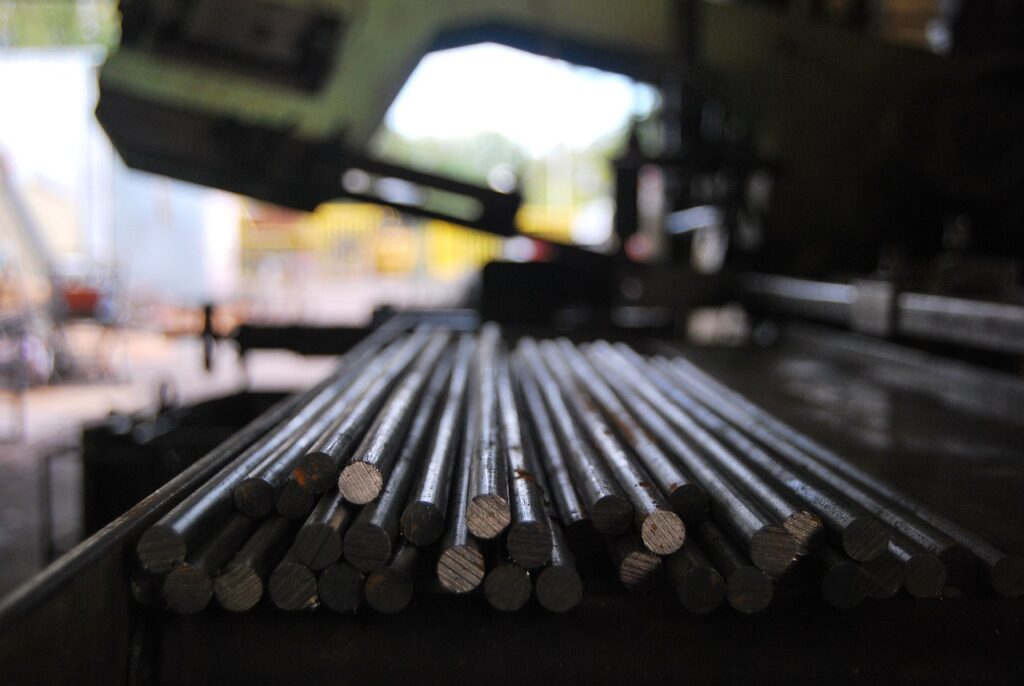
Stainless steel is a highly durable and long-lasting material that offers a viable alternative to traditional plastic products. Not only is it strong and resistant to wear and tear, but it is also recyclable, making it a more eco-friendly option. Stainless steel containers are commonly used for storing food and drinks, and are a great way to reduce waste and avoid the use of single-use plastic containers. Additionally, stainless steel water bottles have become a popular alternative to plastic water bottles, which contribute to the growing problem of plastic pollution. By choosing stainless steel products, we can help to create a more sustainable future by reducing waste and minimizing our environmental impact.
3) Bamboo
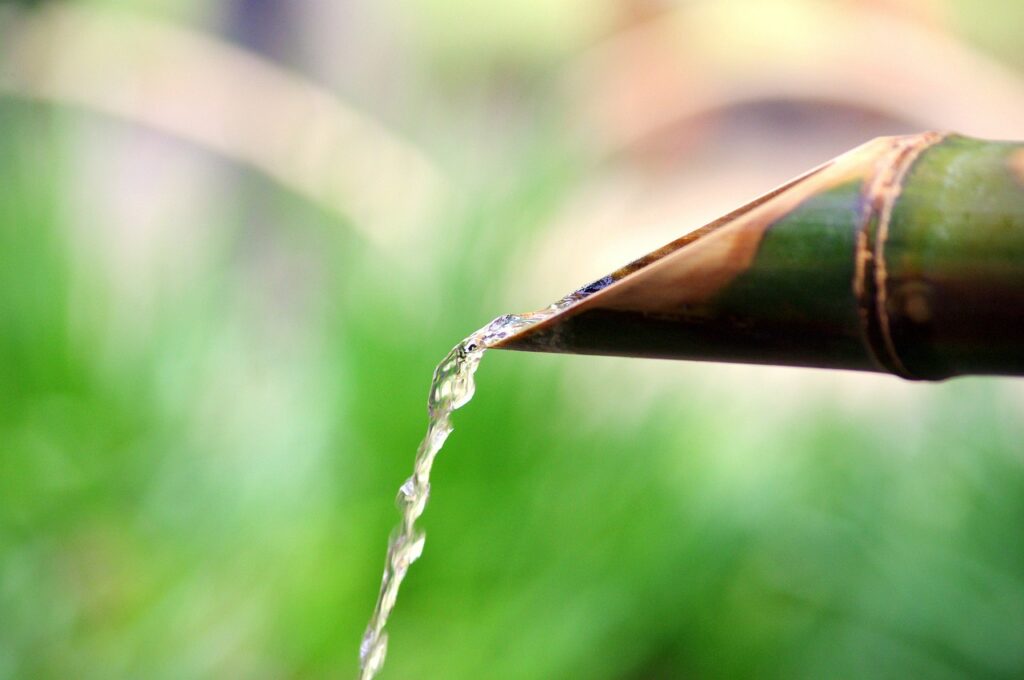
Bamboo is a versatile and sustainable material that offers a range of benefits over traditional plastic. Not only is it fast-growing and abundant, but it also requires minimal resources to grow, making it a more eco-friendly option. Additionally, bamboo is naturally antibacterial and biodegradable, which means that it can be used for a variety of products like utensils, straws, and food containers without the risk of contamination or harm to the environment. Furthermore, bamboo can be harvested without causing damage to the soil or local ecosystems, making it a truly sustainable and ethical choice.
4) Paper
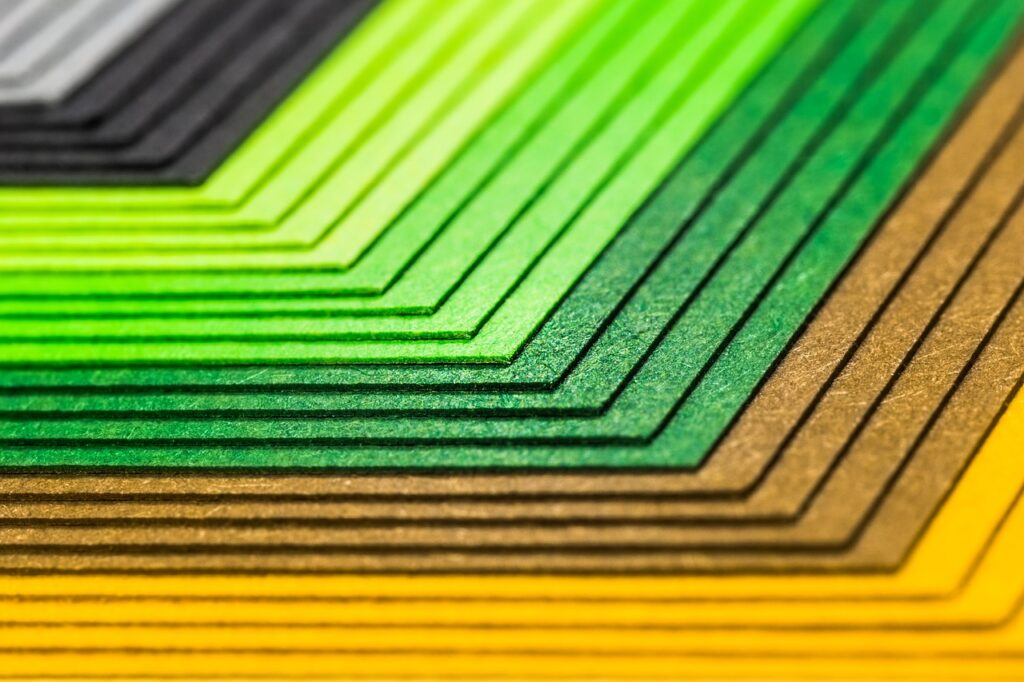
Paper is an alternative to plastic for a wide range of products due to its biodegradability. However, it’s important to use paper from sustainable sources, such as FSC-certified forests, to ensure that its production doesn’t contribute to deforestation. Additionally, recycling or composting paper products is crucial to avoid adding to landfills and polluting the environment. While paper may not be as durable as plastic, it can be a viable option for single-use items like straws and food containers. Overall, choosing paper over plastic can reduce waste and help create a more sustainable future, but it’s important to be mindful of the source and proper disposal methods.
5) Hemp
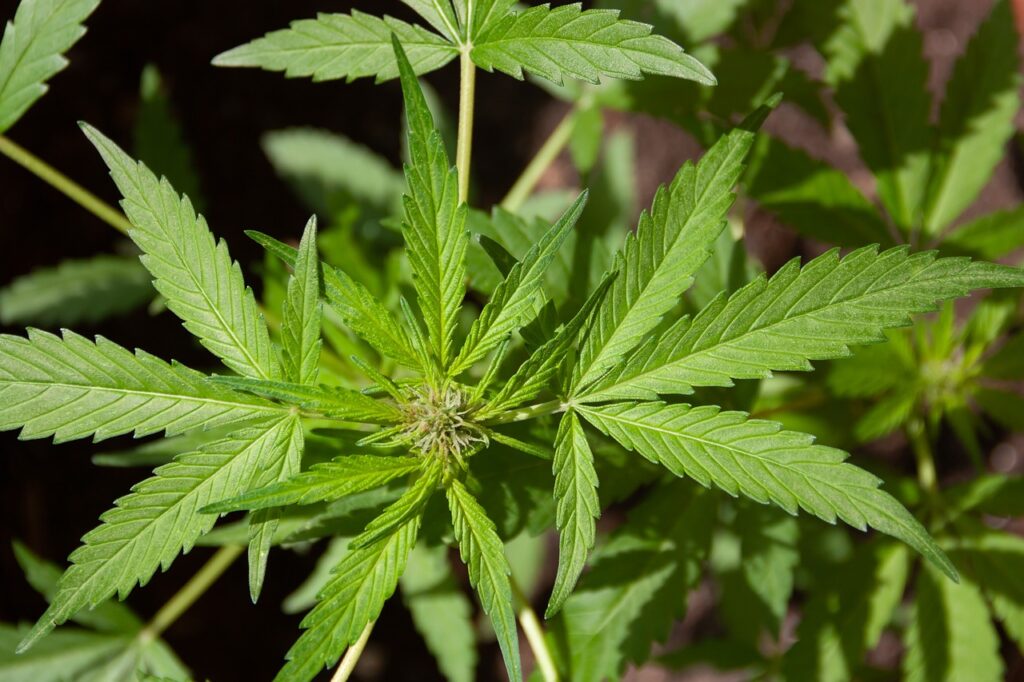
Hemp is a sustainable and versatile plant that has been cultivated for thousands of years for various purposes. Its biodegradability, strength, and versatility make it a promising alternative to plastic in many applications. Hemp plastic can break down in as little as six months, compared to hundreds of years for traditional plastic, and does not harm the environment or wildlife. Additionally, hemp fibers are naturally strong and can withstand wear and tear, making it a durable choice for long-lasting products. The use of hemp as a plastic alternative offers a more sustainable and eco-friendly option that can help to reduce the environmental impact of plastic production and disposal.
6) Beeswax
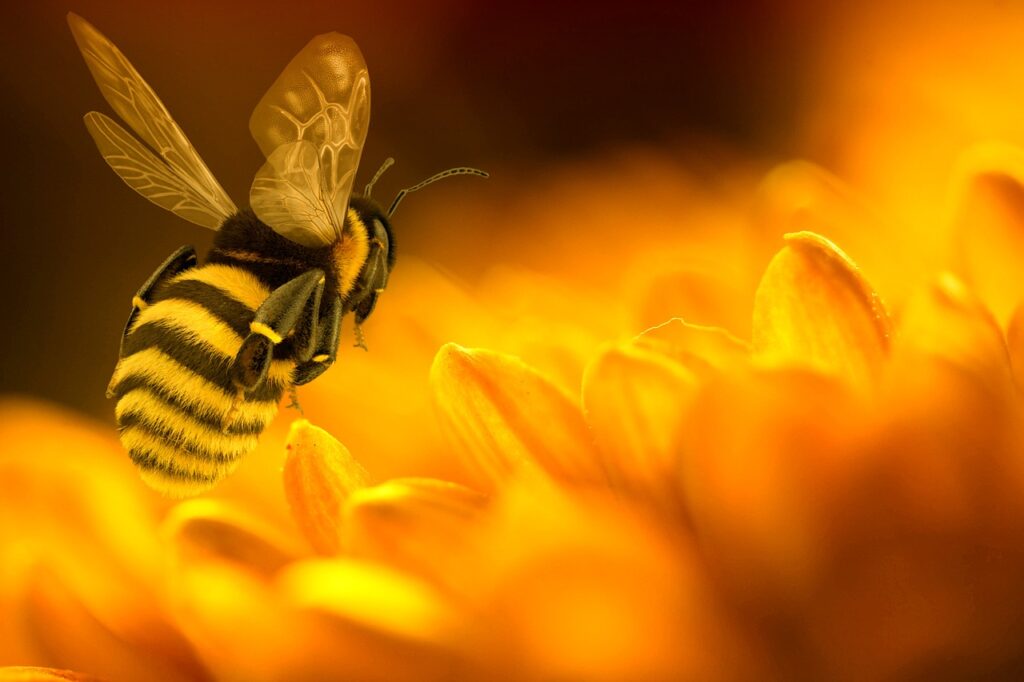
Beeswax is an excellent alternative to plastic wrap that is natural, sustainable, and eco-friendly. It is made from a blend of beeswax, jojoba oil, and tree resin, creating a pliable and reusable wrap that can be used for a range of food storage purposes. Beeswax wraps can be used to cover bowls, wrap sandwiches, or store cheese, fruits, and vegetables, keeping them fresh for longer periods. Additionally, beeswax wraps are biodegradable, making them an environmentally friendly alternative to single-use plastic wrap.
And of course… it’s our favourite alternative to plastic!
7) Corck
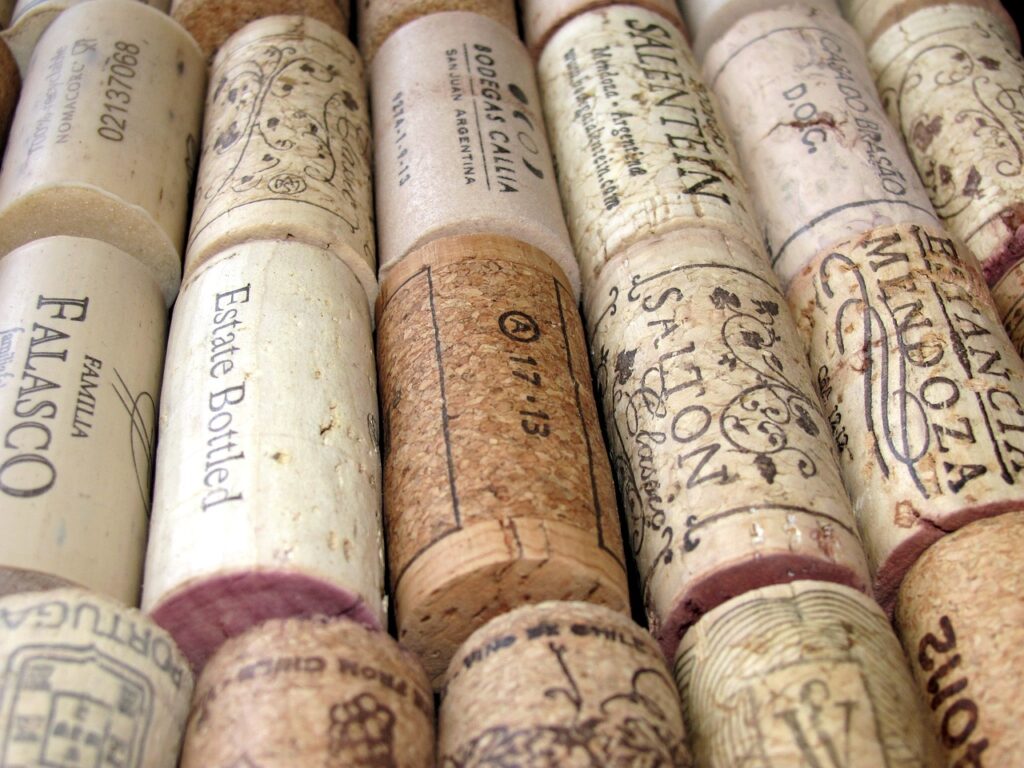
Cork is a unique and sustainable material that offers a range of benefits as an alternative to plastic. It is renewable, biodegradable, and has natural fire-resistant and waterproof properties, making it an excellent choice for a range of products. Cork is most commonly used for wine stoppers, but it can also be used for a variety of other products, such as flooring, wall tiles, and furniture. Additionally, the harvesting of cork is a sustainable process as it involves stripping the bark of cork oak trees, which then regrow their bark, ensuring a renewable resource
8) Plant-Based Plastics
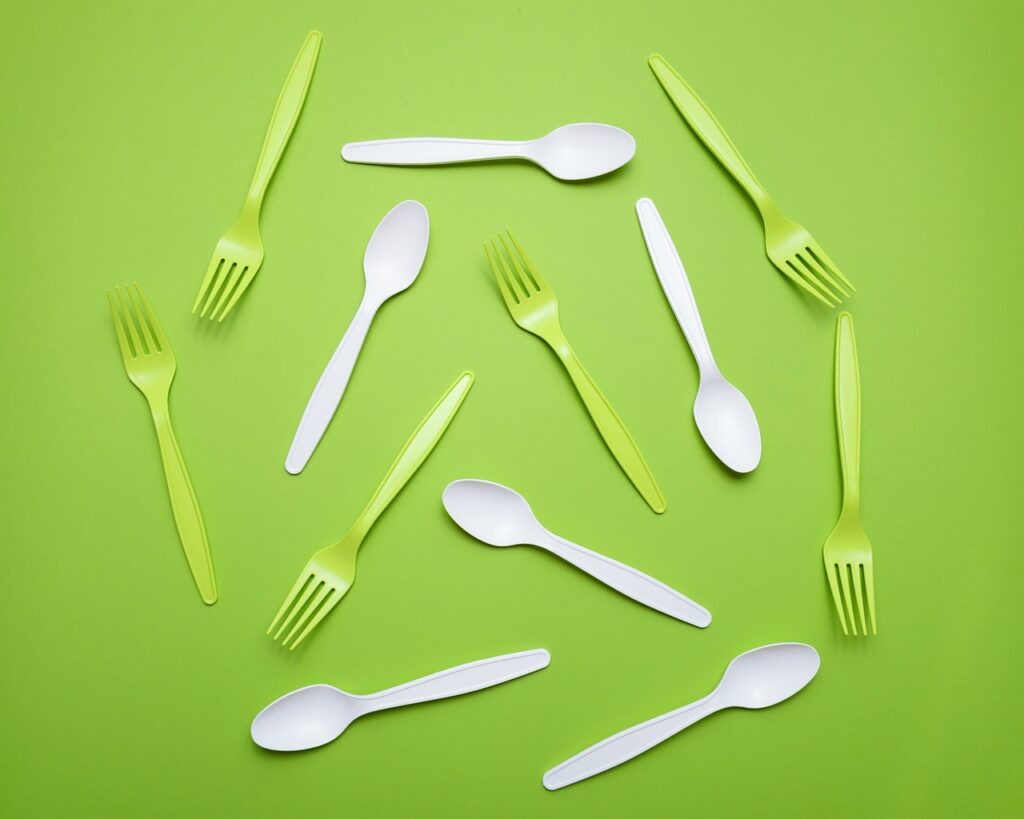
Plant-based plastics are an innovative and sustainable alternative to traditional plastic. They are made from renewable resources such as corn, sugarcane, and potatoes, making them biodegradable and compostable. Unlike traditional plastics that can take hundreds of years to break down, plant-based plastics decompose much faster, resulting in a reduced impact on the environment. Moreover, plant-based plastics have a lower carbon footprint than traditional plastics as they do not rely on fossil fuels in their production.
Additionally, plant-based plastics are versatile and can be used for a wide range of products, from food packaging to medical supplies.
9) Natural Rubber
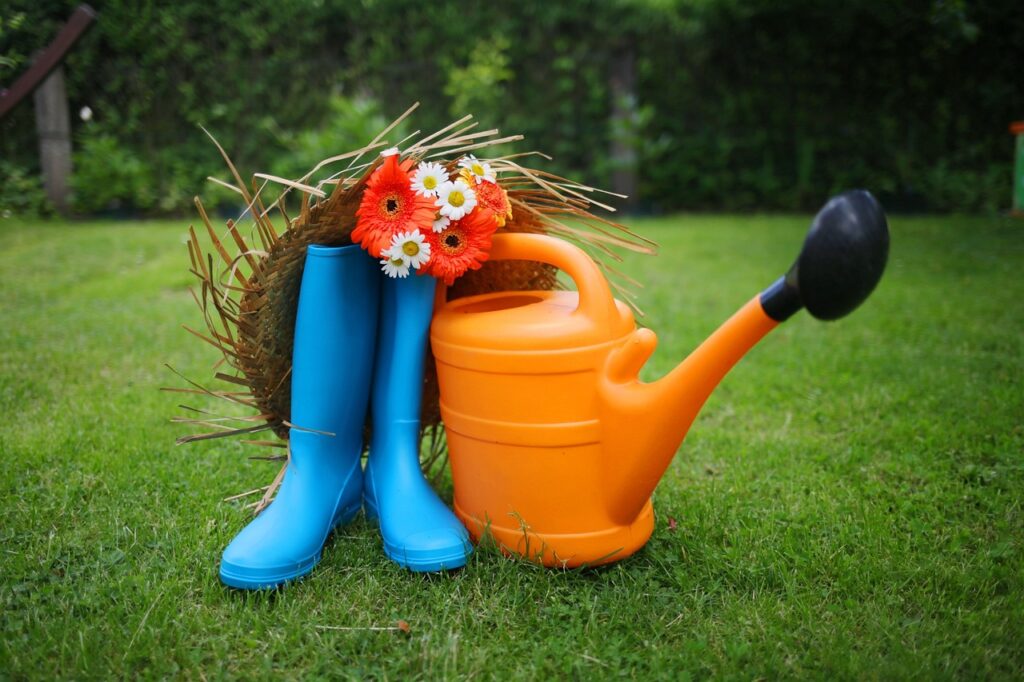
Natural rubber is a versatile and eco-friendly material that offers a range of benefits over traditional plastic. It is biodegradable and can be used for a variety of products, such as gloves, mats, and clothing, without the risk of environmental harm. Moreover, natural rubber is a sustainable material as it comes from rubber trees that can be harvested without causing damage to the environment or local ecosystems. Furthermore, natural rubber is durable, long-lasting, and has excellent elastic properties, making it ideal for a range of applications.
10) Mycelium
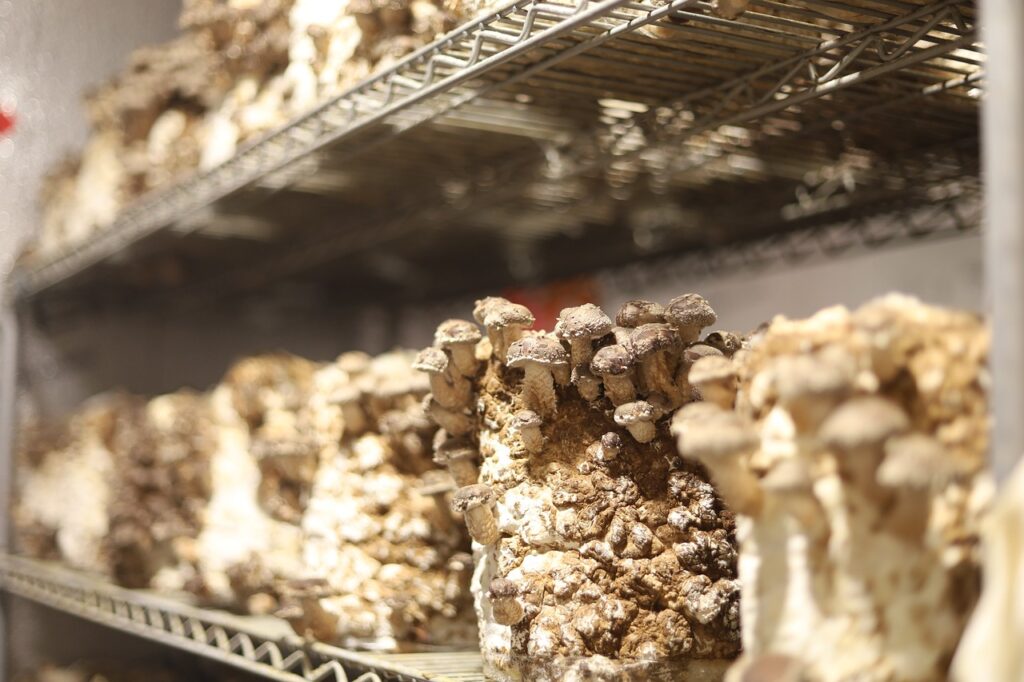
Mycelium is a fascinating new material made from mushroom roots that is gaining popularity as an eco-friendly alternative to plastic. It can be easily molded into various shapes and can be used for a range of products, such as packaging and insulation. Mycelium is biodegradable and sustainable, making it an environmentally conscious choice for those looking to reduce their carbon footprint. Furthermore, mycelium has natural adhesive properties, which means it can be grown and shaped without the need for harmful chemicals or synthetic materials
